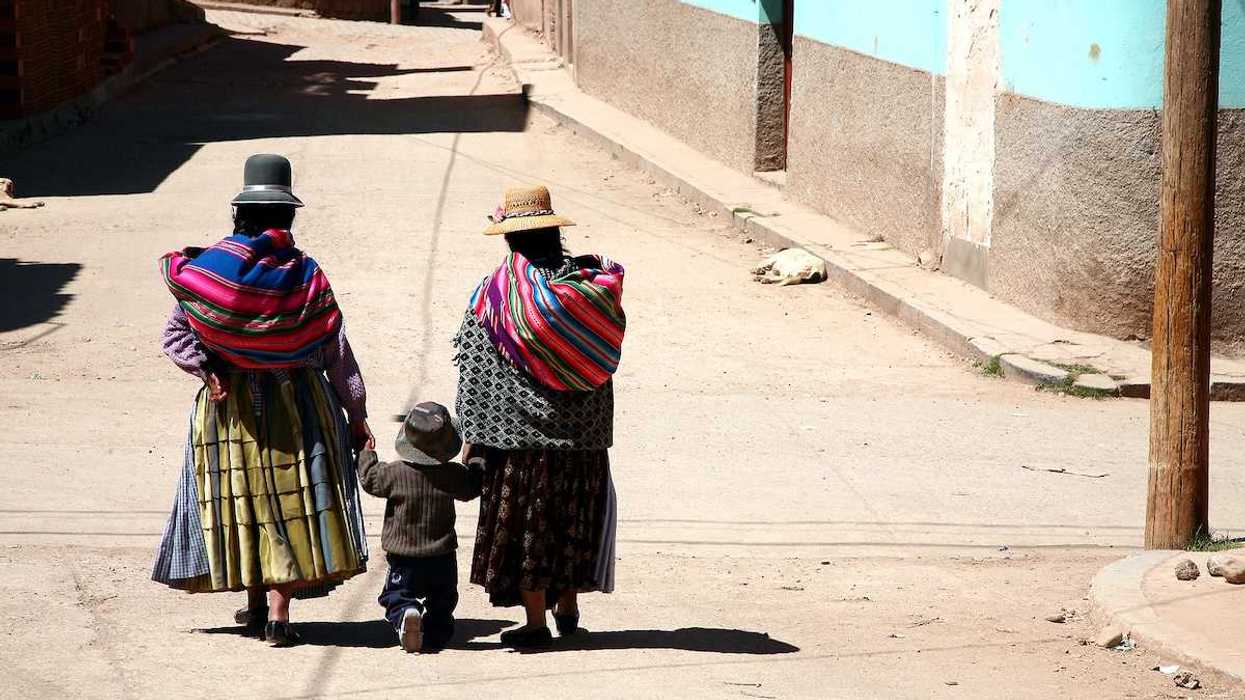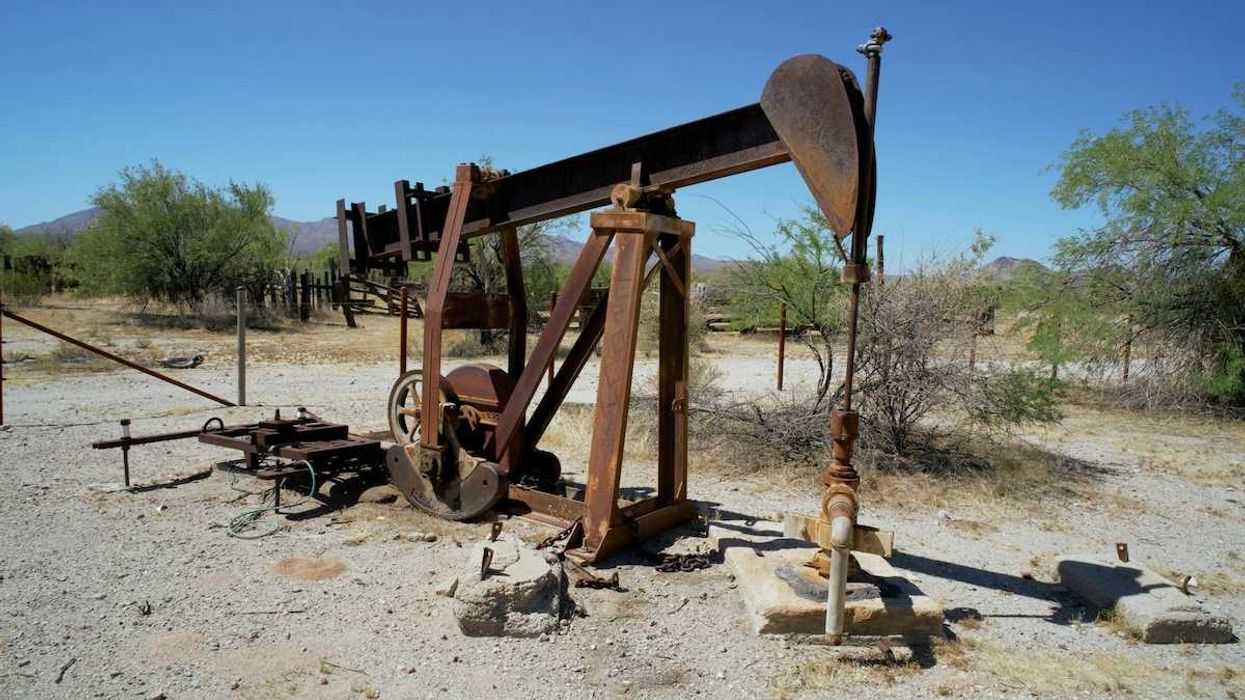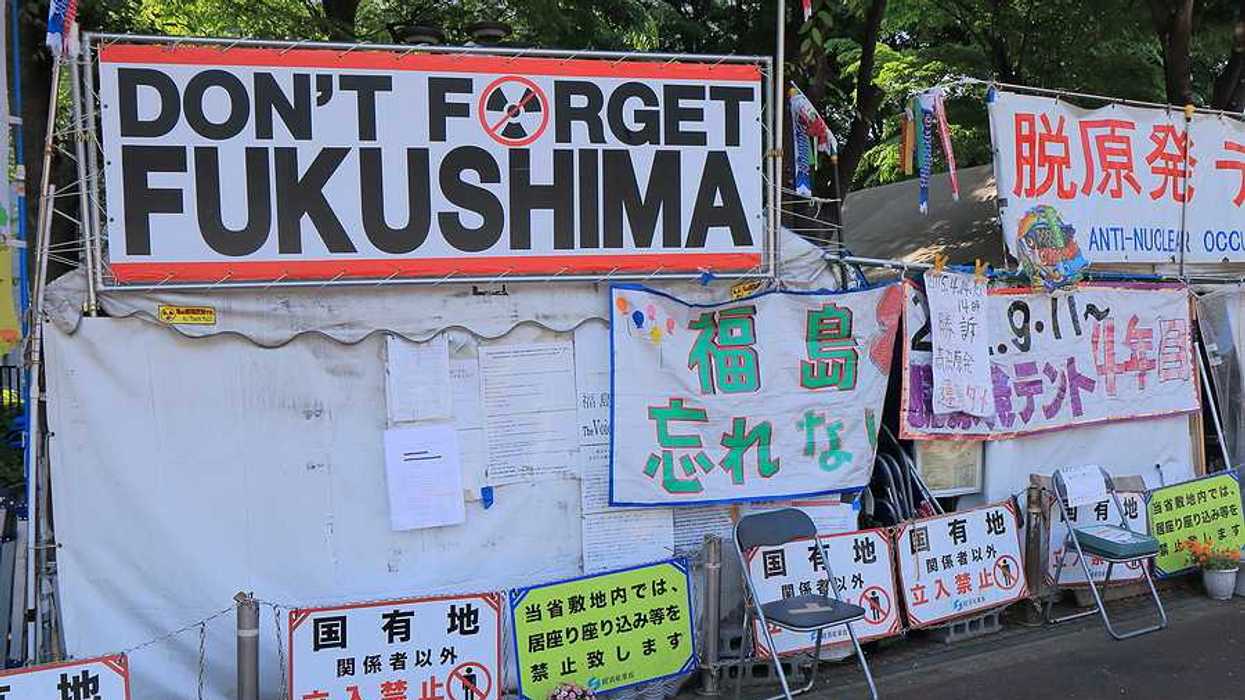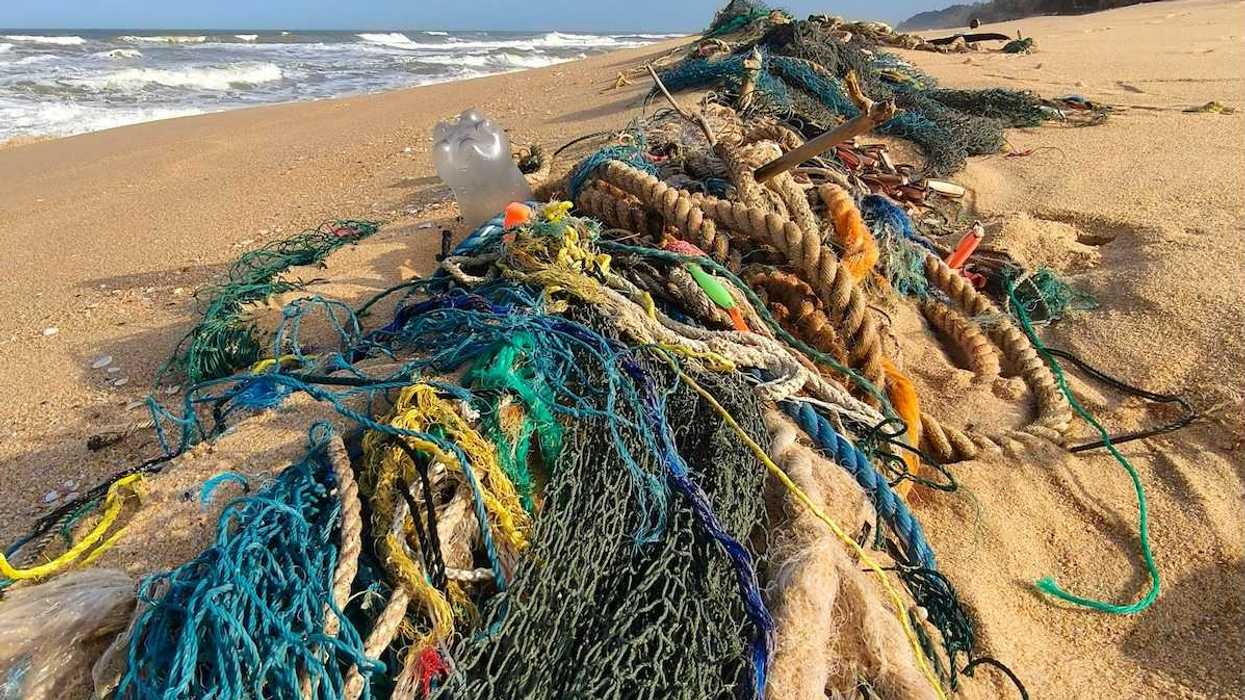In an effort to address the long-standing health impacts of nuclear waste contamination, communities across the U.S. are looking towards Congress for aid.
Catie Edmondson reports for The New York Times.
In short:
- The U.S. nuclear program's legacy has left a trail of health issues, including cancer and autoimmune diseases, in communities from St. Louis to New Mexico.
- Legislation is in the works to include those affected by the program but currently excluded from federal compensation.
- The urgency of passing this bill is heightened as the current law, providing compensation to some victims, is set to expire soon.
Key quote:
"It speaks to the heroism of these people who, for 50-plus years in almost all these cases, have borne the burden themselves."
— Senator Josh Hawley, Republican of Missouri
Why this matters:
Communities located near uranium mines and mills, including many Native American communities, have experienced higher rates of cancer and birth defects. These communities often bore the brunt of exposure due to their proximity to mining and processing operations and their reliance on local land and water resources.
Years after mining stops, uranium's legacy lingers on Native land.














